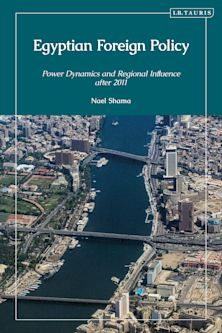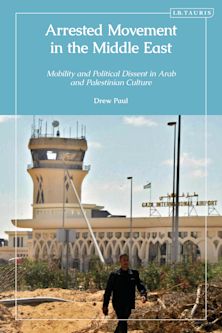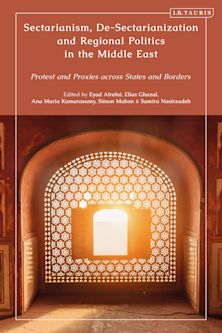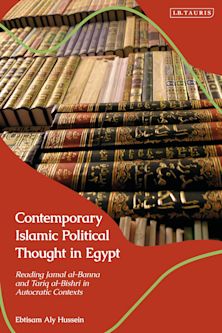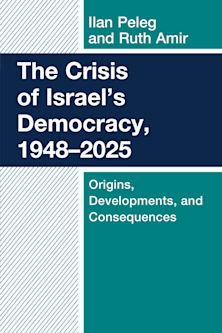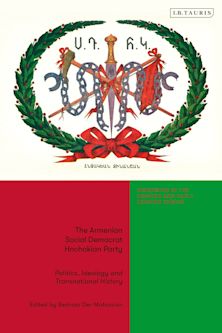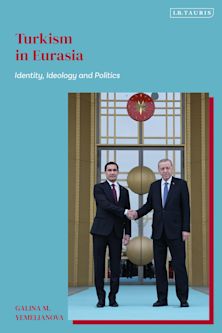- Home
- ACADEMIC
- Politics & International Relations
- Middle East Politics
- National and State Identity in Turkey
National and State Identity in Turkey
The Transformation of the Republic's Status in the International System
National and State Identity in Turkey
The Transformation of the Republic's Status in the International System
You must sign in to add this item to your wishlist. Please sign in or create an account
Description
National and State Identity in Turkey uses the concepts of national and state identity to examine Turkey’s domestic and international politics and explain how the country’s position in the international system has changed over the last ten years. State identity is understood as the end result of a transformed national identity, linking both domestic and international levels.
Toni Alaranta argues that there has been a radical reformulation of Turkey’s national identity, interest, and positioning in the world since the Justice and Development Party (AKP) came to power in 2002. This transformed identity has helped the country renegotiate its status in the world. He first examines the changing nature of Turkey’s national identity before looking at the struggle between two extreme positions—secularism and Islamism. He then explains how the “New Turkey” discourse is part of an Islamic-conservative ideology that targets the notion of the “domestic other,” or minorities, versus the Turkish-Muslim “self.” This discourse is transforming not only the notion of national identity but also Turkey’s relations with the rest of the world, and particularly with the European Union.
Table of Contents
Chapter 1: Introduction
Chapter 2: The International System as an Interpreted Reality
Chapter 3: The Struggle over National Identity
Chapter 4: The Hegemonic Narrative of a “New Turkey”
Chapter 5: The “New Turkey” and the West
Chapter 6:Conclusion: Turkey’s Transformed Status in the International System
Bibliography
Product details
| Published | Jun 09 2015 |
|---|---|
| Format | Ebook (Epub & Mobi) |
| Edition | 1st |
| Extent | 192 |
| ISBN | 9781442250758 |
| Imprint | Rowman & Littlefield Publishers |
| Publisher | Bloomsbury Publishing |
About the contributors
Reviews
-
[The book's] content is tightly argued and full of food for thought. Its argument is powerful. . . .[and is] backed by a formidable bibliography.
Hurriyet Daily News
-
[I]llustrating that the Islamisation of Turkey has been rooted in the interplay of domestic factors and the international system, Alaranta’s study is a historically rich and illuminating account of the rise of political Islam. . . .National and State Identity in Turkey offers a valuable and insightful introduction to Turkish identity politics overall, and contextualises the inherent problems of an ethnically and religiously diverse society ambitiously trying to find its place in an anarchic, international order.
The London School of Economics and Political Science Review of Books
-
A fascinating story about political Islam in Turkey. It examines how an Islamist party that came to power as a result of free elections in 2002, ruled a secular nation state and Islamized the identity, politics and institutions in the last decade.
Behlül Özkan, assistant professor at Marmara University, Istanbul
-
At a time when the trajectory of Turkey has become increasingly cause for concern among Western policy makers, Toni Alaranta’s theoretically rich study offers a timely elaboration on the evolution of Turkey’s state identity. Alaranta describes how the ruling Justice and Development Party (AKP) has reinvented Turkey’s state identity, placing the country squarely in the Islamic civilization. He demonstrates that this momentous change is rooted in the interplay of internal factors and the international system. Alaranta’s analysis and conclusions represent a welcome challenge to the conventional, international narrative on Turkey.
Halil Karaveli, senior fellow with the Turkey Initiative at the Central Asia-Caucasus Institute & Silk Road Studies Program Joint Center and editor of the Turkey Analyst














